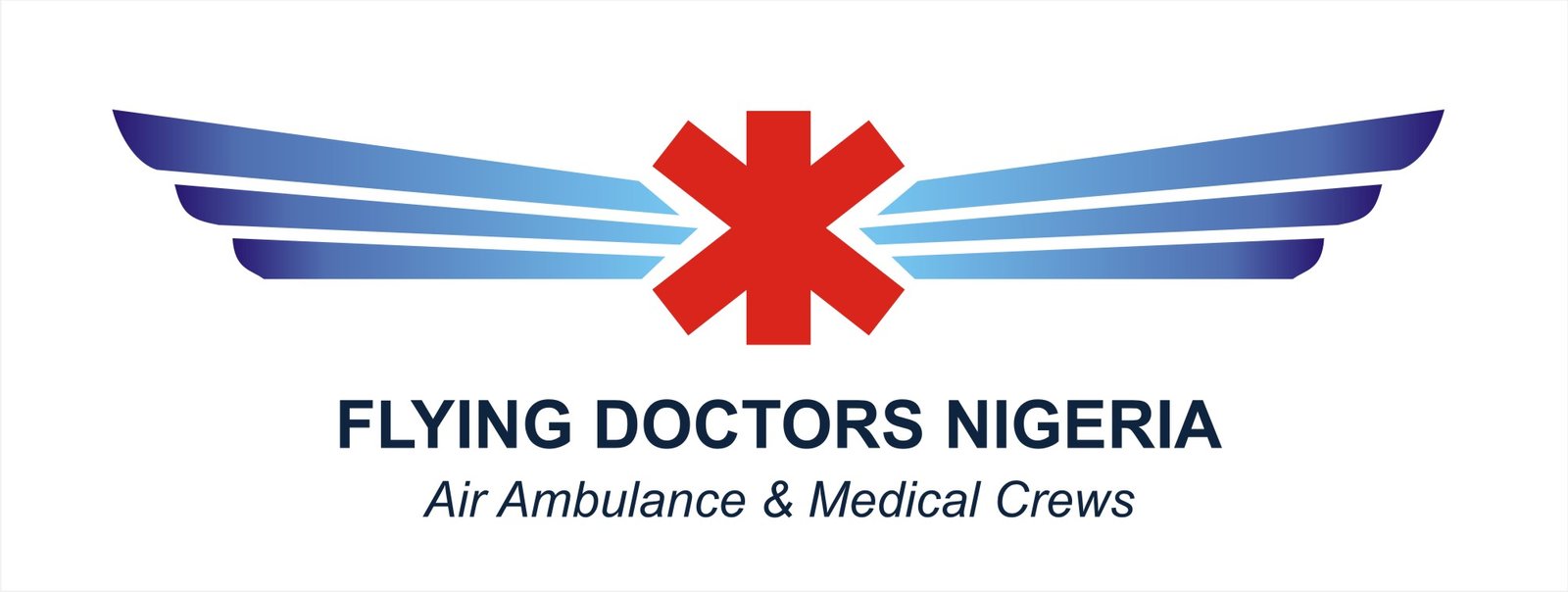First Aid Training And By Stander Effect In Oil And Gas Sectors
Globally, people that work in the oil and gas industry work in high risk environments. However, one of the elements of risk mitigation, is ensuring that there are competent trained, first aiders available to provide an effective first response in the event of an emergency.
The bystander effect, can make your organisation less safe, as it prevents timely response to emergencies. This article will explain what the bystander effect is and how to reduce the chances of it affecting emergency response in your organisation.
What exactly is the ‘bystander effect’?
The bystander effect also referred to as bystander apathy, is a social psychological phenomenon where individuals are less likely to offer help to a victim when other persons are present in same environment.
This name was first coined in 1964 following the death of Kity Genovese who was stabbed in front of her house during the day. As you can imagine, there were people around, ‘standing-by’, but no one offered her aid.
In Psychology, it is referred to as Genovese syndrome. Psychologists further explain that the chances survival of a victim decrease as the number of bystanders increases.

How does this affect the oil and gas industry?
In the Oil and Gas sector, workers risk exposure to hydrogen sulphide, silica, drilling fluid, mercury and many other substances/hazards that are potentially harmful. When there are accidents, the presence of appropriately trained first responders and first aiders can make the difference between life and death.
Several pieces of research have been carried out, noting why people do not take action
- When there are lots of people at a certain scene, individuals don´t feel the pressure to act, arguing that responsibility to take action is blurred among all the rest.
- When an individual observes that the rest of witnesses’ don´t take action, (s)he interprets it as a sign that either it is not necessary or it is not appropriate to act. This is related to the need to behave according to socially accepted rules.
- People are slow to help if they discover you are not of same culture. So, there is a cultural component.
- People are slow to help if it’s a man, but quick to help if it’s a woman. A woman is seen to be more helpless and so is likely to get help quicker.
- If the individual in need dresses according to the social canon (clean cloths, suit, etc), they will likely get help faster than someone who looks lower on the social strata
- If the situation is confusing or complicated people won’t help, but if less complex like if a person trips on the pavement, it is much more likely that someone takes action to give help.
A strong safetly culture; supported by trained first aiders, first responders, specialist medical equipment such as defibrillators and detailed medical emergency response plans will help prevent the bystander effect at your organisation. This is particularly important in the Oil and Gas sector to improve working conditions and safety.
Related Articles: 3 exciting things you will learn on a first aid course, What should be in your First Aid Box, How CPR really works
About Us
The Flying Doctors Nigeria is a member of the British Safety Council that specializes in providing medical solutions such as air ambulance and medical evacuation, ground ambulance procurement and leasing, remote medical services such a medical staffing, online company clinic set-up, site clinic management, occupational health, medical evacuation insurance and other health consultancy services for the oil & gas industry as well as other corporate, military and non-governmental organizations.
For information about how we can support your organization please:
Visit our website: www.flyingdoctorsnigeria.com, or
Email us on: sales@flyingdoctorsnigeria.com, management@flyingdoctorsnigeria.com, doctors@flyingdoctorsnigeria.com, or
Call us on: 0700 FLYINGDRS/ 0700 3594 64377

